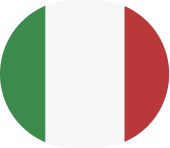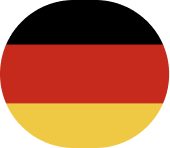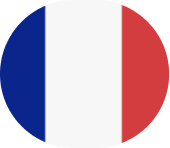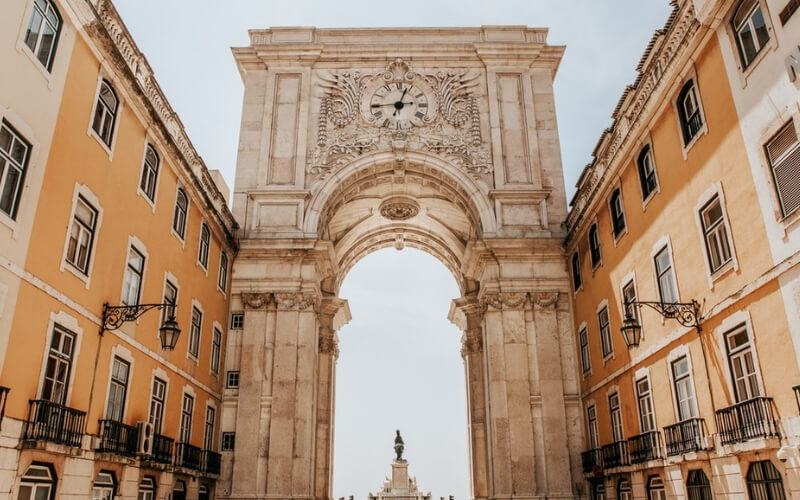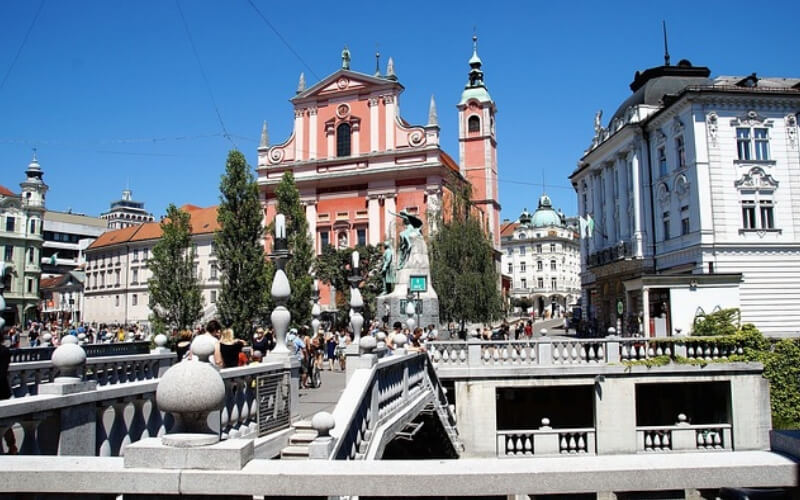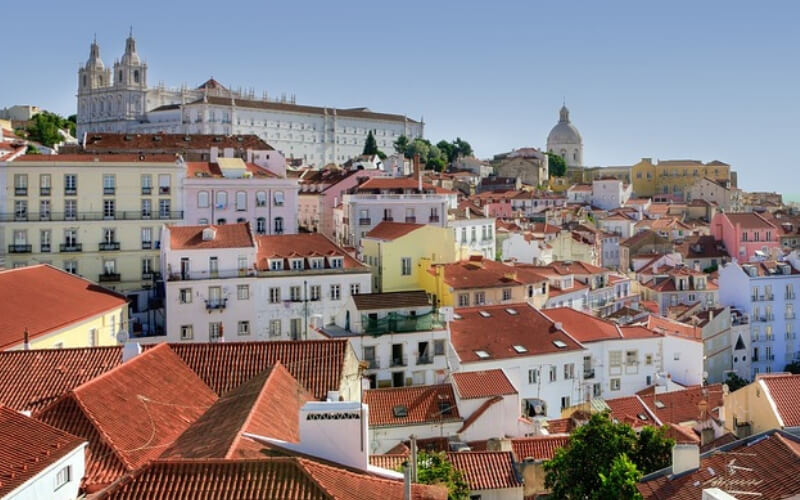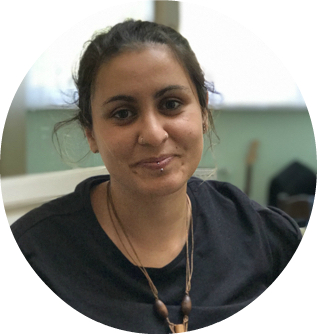Avtor: CATARINA CORNEJO
Olá, Eslovénia! I am Catarina and I am a LanguageSitter®.
I was born and raised in Lisbon (Portugal), but I have always been part of a multilingual environment, as my father is Chilean, my mother is Portuguese, and when I was only three they decided to enroll me in a French school because it was near our home. What also helped was the fact that Lisbon is a very cosmopolitan city, where one can meet immigrants from the former colonies (like Brazil, Cape Verde, Angola, etc.), exchange students from all over, short-term travelers, and travelers who ended up staying. All of this sharpened my ear for accents and intonations. When I started university (doing something as vague as “Languages, Literatures and Cultures”), it became clear to me that my favorite thing in the world was language. To my surprise, there was a science fully dedicated to just that: Linguistics! I am now pursuing a Master’s degree in this subject in Ljubljana.
I was born and raised in Lisbon (Portugal), but I have always been part of a multilingual environment, as my father is Chilean, my mother is Portuguese, and when I was only three they decided to enroll me in a French school because it was near our home. What also helped was the fact that Lisbon is a very cosmopolitan city, where one can meet immigrants from the former colonies (like Brazil, Cape Verde, Angola, etc.), exchange students from all over, short-term travelers, and travelers who ended up staying. All of this sharpened my ear for accents and intonations. When I started university (doing something as vague as “Languages, Literatures and Cultures”), it became clear to me that my favorite thing in the world was language. To my surprise, there was a science fully dedicated to just that: Linguistics! I am now pursuing a Master’s degree in this subject in Ljubljana.
Why I’m a Language Teacher
Somewhere along the way, I realized that the best application for my passion for languages was teaching them. A few years ago in Lisbon I taught French to kids who had it as a subject in high school at the same time but hated it because of all the spelling and grammar rules they had to learn by heart. My lessons were a space for them to ask any questions that were bothering them and were preventing them from moving forward, even if they sounded too basic for the level that was expected of them. They soon started understanding more and more things from what was being taught in school and those lessons eventually ended — my goal had been achieved.
When I moved to Slovenia two and half years ago, I was very lucky to find LanguageSitter® and I started teaching Portuguese through them. Though Portuguese is not very popular among Slovenians, I’ve nonetheless had the chance to give individual lessons in Portuguese to adults with very different backstories and needs. I realized I am quite adaptable to the clients — as I prepare content that’s completely tailored to them — and that I am patient and willing to respect their natural rhythm in learning a foreign language. This has been an amazing journey and has helped me stay connected to my mother tongue, despite being far away from home.
How Portuguese Sounds
When I arrived in Slovenia, I was surprised by how similar Slovenian sounded to Portuguese. Very often I walked the streets and heard words that were just like Portuguese (and it turned out to be Slovenian gibberish). This happens to me less and less because my Slovenian is improving and what were then alien sounds now has meaning. I must nonetheless admit that sometimes, when I’m a bit distracted from the content, I still get tricked.
Completely by accident, the Slovenian word “veš” (“you know”) and Portuguese “vês” (“you see”) are pronounced exactly the same and sometimes also used in the same way, as in “you know/see what I’m saying?”. Slovenian “kje” (“where”) sounds just like Portuguese “que é” (“what is it”). Our most common name for a man is “João”, which often sounds to speakers in Ljubljana as “žival” (“žvav”). I guess one of the most distinct differences is how we pronounce “l”. Slovenians naturally produce a soft “l”, similar to the Spanish and French one, but Portuguese requires you to be a bit more rough and use the Croatian dark “l”. So, our greeting word “olá” (“hello”) is pronounced like that. This really amuses Slovenians!
Why you should learn Portuguese (with me!)
Portuguese is an official language in Portugal, Brazil, Cape Verde, Guinea-Bissau, Mozambique, Angola, São Tomé and Príncipe, East Timor, Equatorial Guinea and Macau (China). It has about 220 million native speakers — me included — and about 40 million foreign speakers. Despite centuries of evolution, we can still understand each other, so learning one of these linguistic varieties will open the door to understanding a significant part of the world.
Slovenians learn Portuguese rather quickly, namely because they often speak English and a bit of Spanish thanks to the Latin-American soap operas. These languages really help them acquire Portuguese vocabulary, and among other things I am here to make those correspondences evident to my students.
I am an enthusiastic, patient, and fun LanguageSitter® and I absolutely love what I do! Let’s learn Portuguese together.


